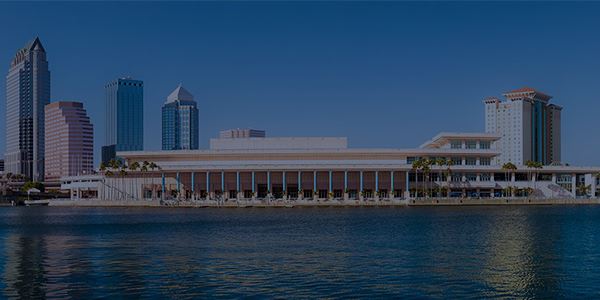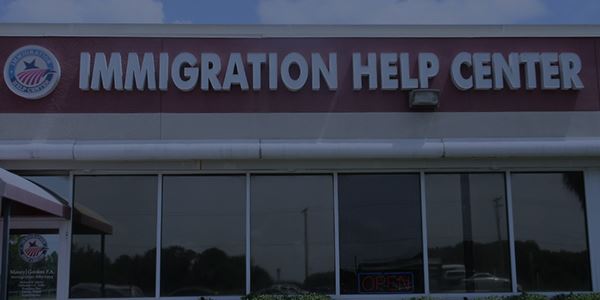Understanding Family Visas and Immigration
Families who wish to immigrate to the United States, or those who want to join a family member who is already a permanent resident, have several options for family-based visas. Generally, this process will be set in motion by a citizen or lawful permanent resident petitioning on behalf of the family (also commonly referred to as a sponsor). Once a petitioner and beneficiary relationship is established, family members can determine if they meet the basic eligibility criteria.
Eligibility Requirements for Family Immigration
There are a few key things that sponsors and beneficiaries should keep in mind when it comes to family immigration.
First, the sponsor must be able to prove that they meet certain income requirements and show they have adequate housing for the beneficiary. While this is a general requirement, other expectations will depend on the family visa being sought, such as proof of parentage for child visas or proof of marriage for marriage visas.
There are also certain age requirements that must be met in order for a family member to be eligible for sponsorship. Parents can sponsor a child for immigration if the child is under 21 years of age; spouses can be sponsored for immigration regardless of their age.
The final eligibility requirement for family-based immigration is that the beneficiary must pass a medical exam. This aims to ensure that the beneficiary does not have any communicable diseases that could pose a public health risk.
Applying for a Family Visa
Once the sponsor and beneficiary have determined that they meet the basic eligibility requirements, they can begin the application process for a family visa. The first step is for the sponsor to file a petition with the US Citizenship and Immigration Services (USCIS). The sponsor will need to provide proof of their relationship to the beneficiary, as well as evidence that they meet the income requirements.
After the petition has been filed, the USCIS will review the case and make a decision. If the petition is approved, it will be forwarded to the National Visa Center (NVC). The NVC will then send instructions to the sponsor and beneficiary on how to proceed with the visa application process.
The next step is for the beneficiary to complete and submit a visa application. This application will need to be accompanied by various documents, including proof of the sponsor-beneficiary relationship, evidence of the sponsor’s income, and the results of the medical exam.
Once the visa application has been submitted, it will be reviewed by a consular officer. The consular officer will interview the beneficiary and may also request additional information or documents. If the consular officer is satisfied that the beneficiary meets all the requirements for a family visa, they will issue the visa.
Need Assistance? Call (800) 708-4399
Maney | Gordon | Zeller, P.A. is proud to provide your family guidance and legal assistance through the immigration process. If you need help with your application or run into any roadblocks, call (800) 708-4399 to discuss how we can meet your needs. Find out for yourself why our clients say that we are the best immigration lawyers in Tampa, FL.







